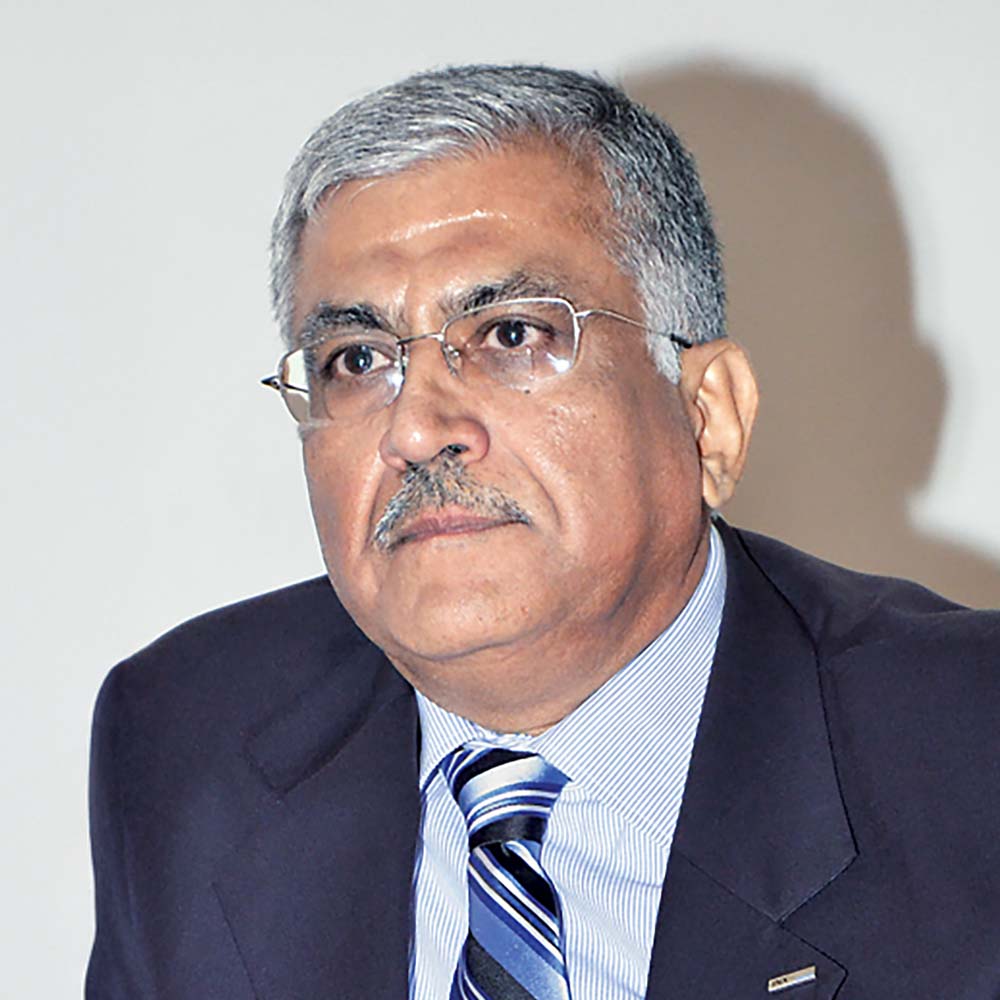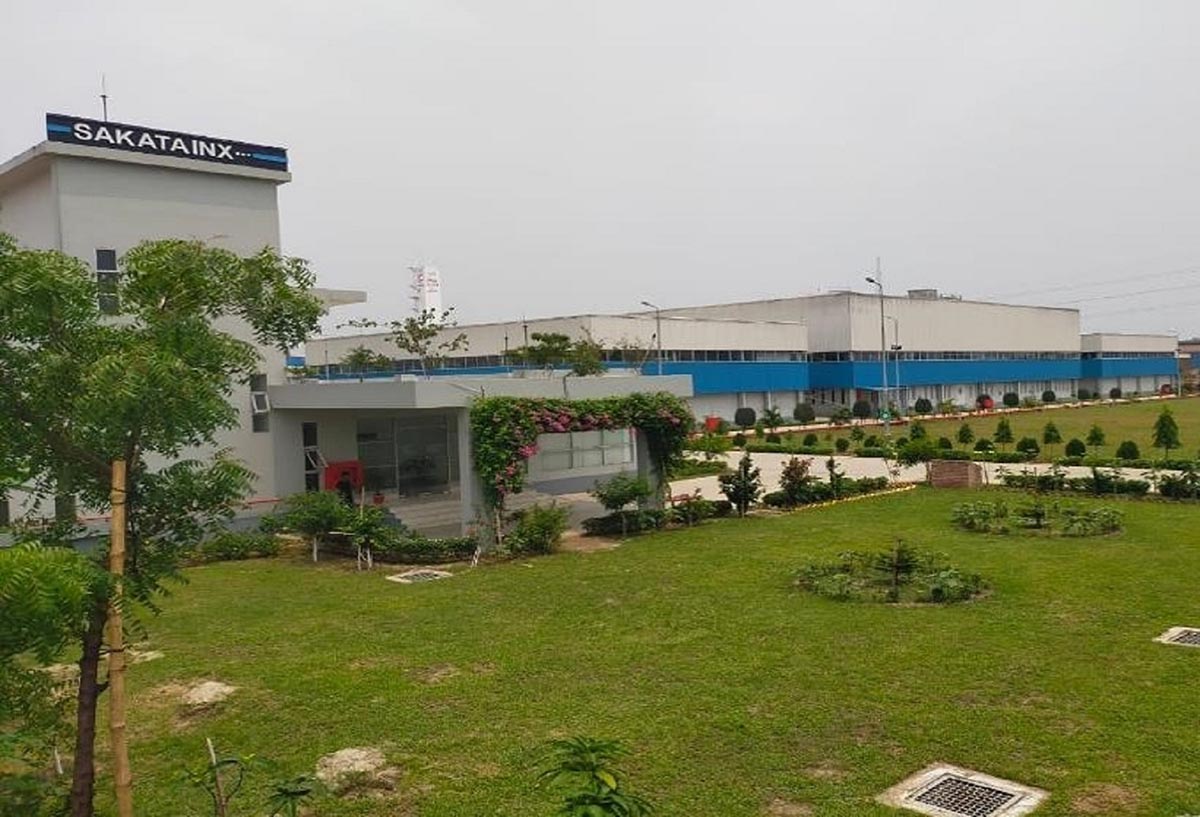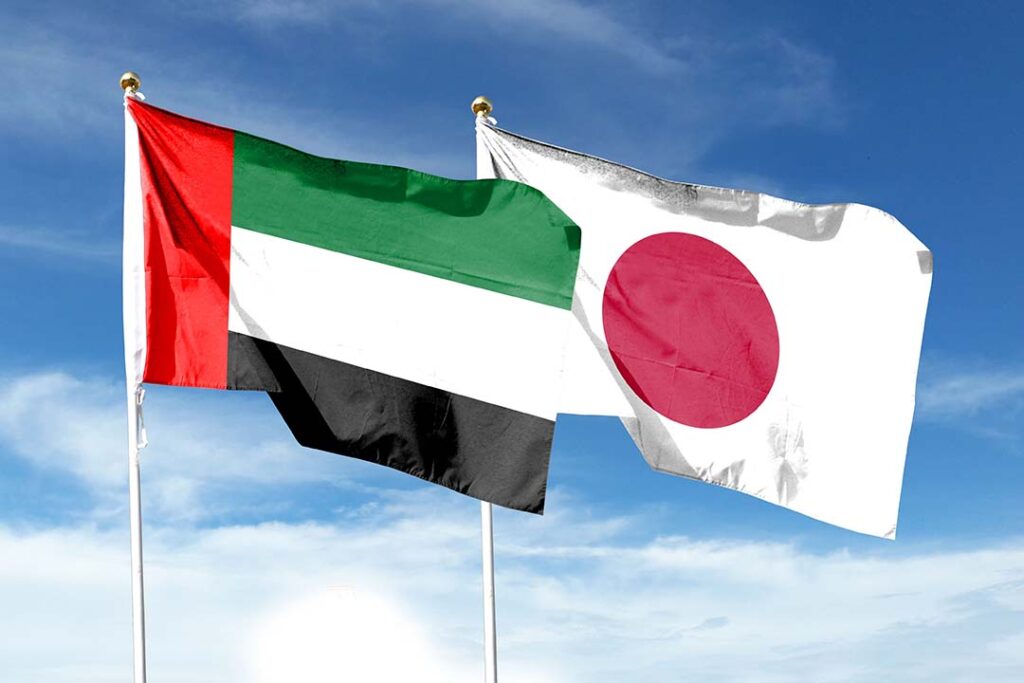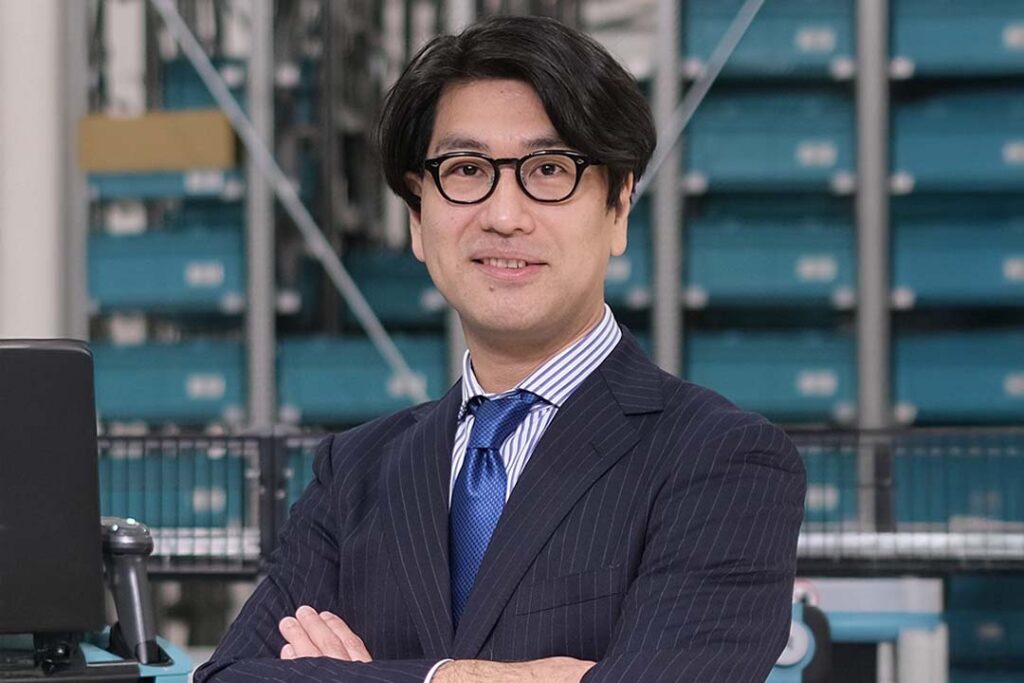Japan’s Sakata Inx Corp., the third-largest ink manufacturer in the world, is a pivotal player in the industry. Committed to quality and innovation, the company has built a robust reputation over its history. Its wholly owned Indian subsidiary, Sakata Inx (India), Pvt., has played a significant role in this success, navigating challenges and seizing opportunities in a rapidly evolving market, exporting to the Middle East, Africa and parts of Europe.
The pandemic years were transformative for Sakata Inx India, Managing Director V.K. Seth said.
“The past five years, including the COVID period, were undoubtedly challenging. However, Sakata Inx India managed to classify our products as essential services, allowing us to continue operations at full steam. Our inks are used in packaging, food, pharmaceuticals and other essential sectors.”
A significant milestone for the company over that period was the successful commissioning of its plant in Bangladesh in 2021, designed to produce liquid inks for the flexible packaging industry. “This plant has already become profitable, contributing to our consistent growth,” Seth said.
Sustainability, compliance and employee well-being will continue to be our top priorities.
V.K. Seth, Managing Director of Sakata Inx India

The company’s trajectory has mirrored India’s gross domestic product growth, maintaining a steady pace of around 6% to 7%.
“We’ve established ourselves as a profitable company and a role model for potential Japanese investors in India,” Seth said. Driven by a unique operational model, “A blend of local management, local resources, and global technology,” Seth noted, the overall picture is one of significant growth in both volume and profitability.
With over 25 years of operation, Sakata Inx India has emerged as a leader in the sector, boasting annual sales exceeding $100 million.
“Our workforce of 1,000-plus employees has grown alongside the company, and we’ve been recognized as a ‘Great Place to Work,’” Seth said, underscoring the commitment to employee welfare and a safe work environment.
Looking forward, Sakata Inx India is determined to maintain its momentum. “Sustainability, compliance and employee well-being will continue to be our top priorities,” Seth affirmed.
The company is actively reducing its environmental footprint while capitalizing on the immense growth potential in India, setting benchmarks for resilience, quality and sustainability and exemplifying the successful integration of Japanese and Indian business practices in the ink manufacturing sector.











